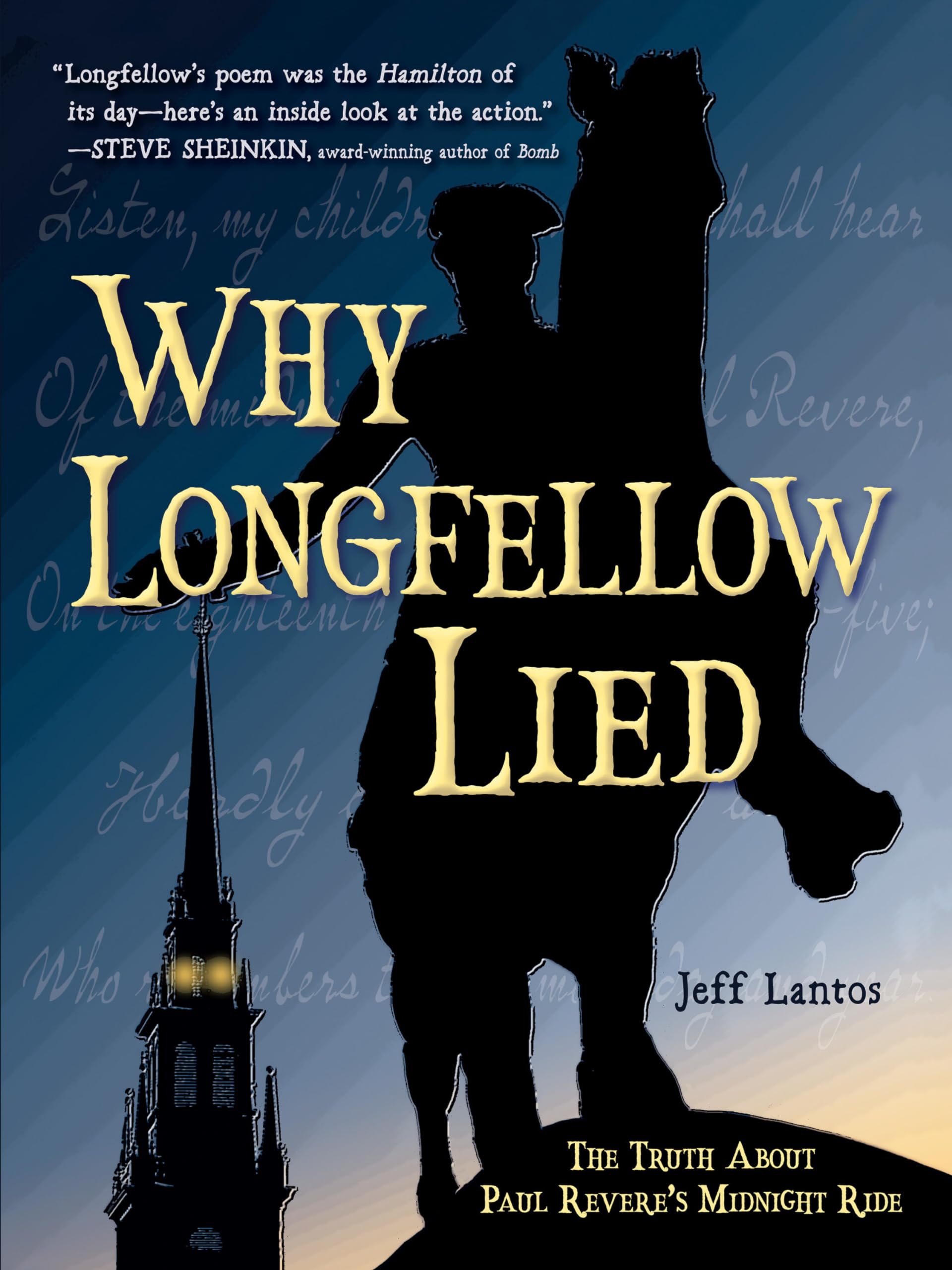Wood, The Midnight Ride of Paul Revere, 1931
ECHOESWhat if the militiamen had not been waiting at the Lexington Green at dawn that April day in 1775, to test and slow the British? What if they had not then been at Concord a few hours later, 220 strong, ready and resolute on the high ground?Those patriot soldiers arrived by the hundreds that morning, then by the thousands, armed and keen and strengthened in their numbers. They mustered on the damp, open fields and on the forest edges along the Old Concord Road. Farmers and tradesmen, with their muskets and fowling pieces in hand. They turned back the redcoats and then fired on them in their retreat, routing them out of town and back off the that the patriots knew now as their own. Villagers from the highlands and the low, ministers and deists and nonbelievers, men dressed in whatever clothes they had – their patched and varied breeches, their worn straight-last boots – a hodgepodge of an earnest crew transformed by necessity and determination into American soldiers who that morning showed the will that would drive them in the weeks and months ahead, the will that would win the Revolutionary War.Suppose they had not come that morning after all, suppose they had not been so timely in their arrival, not been so committed to their call?Suppose instead the seasoned British soldiers, in their fine cocked hats and under their general’s command, had in their ransacking of Concord’s Barrett Farm found and taken the stores of gunpowder and ammunition they had come to seize. Imagine if the British had caught the American’s by surprise, as they’d intended. Imagine if, in Lexington, they had killed or captured Samuel Adams or John Hancock, delivering the bounty that had been put on those men by the king. What would have happened to the path of the American Revolution then?If not for that first morning of battle – of impudent, plucky, stunning, and world-shifting Patriot success – would the rebelling American army have continued to mobilize so confidently? Would it have stayed so unified in the face of defeat and death, have remained so emboldened to succeed? Would the army have fared so well (even in defeat) in the Battle of Bunker Hill, eight weeks later? Would the Revolution have unfolded so quickly as it did? Would we have July 4, 1776, as our Day of Independence? Or how much longer might the British have held their grip? Into the 1780s, the 1790s, the 1800s, and beyond? And if they had held that longer grip, what might then have been the implications for the establishment and growth of the American democracy in the years and decades that followed? What would be the implications today?When we ask these things, when we consider the plausible alternatives to the chain of events that occurred on April 18 and April 19, 1775, we are asking this: What might have happened, how might the much-documented and much-deconstructed birth of our nation have unfolded, and with what repercussions, had not Paul Revere mounted his borrowed horse and set out to ride those critical miles in those critical hours across the simmering moonlit land, to rouse the countryside and deliver the news? What would have become of the Revolution, of its crucial early days? What would have become of the whole hard, taxing, extraordinary journey to independence, if not for Paul Revere and his midnight ride?Kostya Kennedy, from the first chapter of The Ride: Paul Revere and the Night that Saved America
Excellent books ...
Do NOT miss an hour of Professor Fischer and Brian lamb discussing The Ride.















































































































































































No comments:
Post a Comment